The Inequality Question for this month focused on gender equality. The children we support in Uganda choose a question each month to share ideas with others all over the world on key global issues.
The website platform that we use for the online discussion is designed to be child safe as no one can get each other’s contact details and our team moderate the content to make sure that nothing offensive is shared.
So, what did we learn this month?
There were some common themes such as the importance of education, safety measures, roles models/leadership opportunities and prioritising mental wellbeing.
Let’s have a look at some of the comments…
Several people thought that a major problem women faced during the pandemic was in balancing work and home commitments. They also highlighted that it was important to have a equal partnership to reduce the burden of work from the woman’s shoulders and be good role models for their children.
“As a man I am noticing that the pandemic has been especially tough on women. Many of them have struggled to balance homeschooling alongside work, more so than men I think. I think we need to rethink the way we do parenting so it becomes much more of an equal partnership. To achieve this there needs to be more good male parenting role models and equality of expectations in how children are cared for. Women can never achieve equality until men step up and do their fair share.” – James (UK)
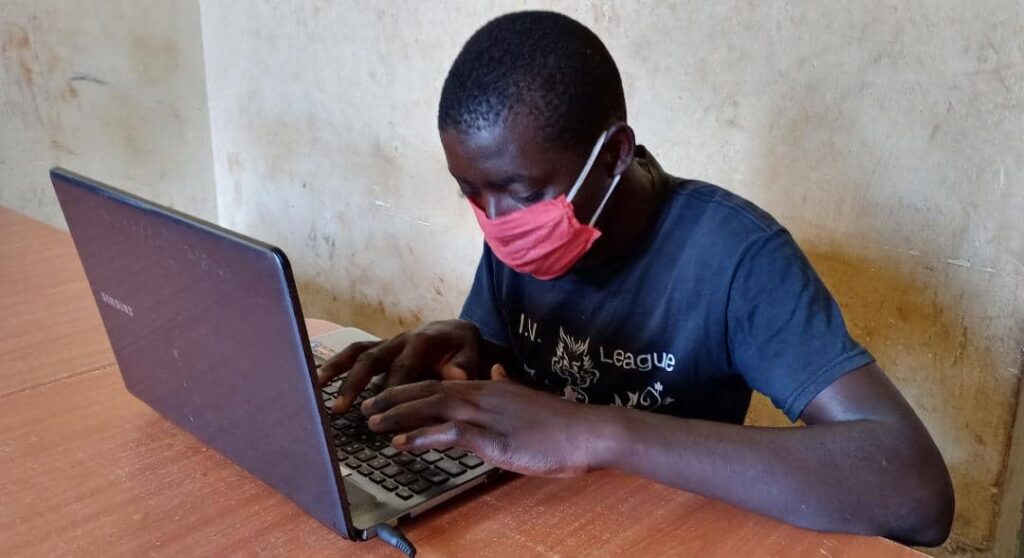
“I think we should start from our homes. As adults/parents at home, there is a need to share house chores and childcare equally. Child care and house chores is still mainly done by women and a UN report in 2015 revealed that women in developing countries do over three hour more of unpaid work (house chores and child care) as compared to men. Therefore we need to encourage men to take part in house chores and childcare as a measure to bridge the gender gap. ” – Tendo (Uganda)
“The COVID pandemic has highlighted a lot of gender inequality in communities all over the world. As families went into lockdown a lot of women ended up doing more of the increased household chores and childcare. They have therefore been more likely to have their employment affected since they were not able to work from home as easily in normal working hours. Many women are now utterly exhausted from trying to do too much to keep everyone happy. We need to use this as an opportunity to make changes in how we view women and the unpaid work that women often do in the household. It should be the norm that people who share a household share the work to maintain and run it equally.” – Nicola (UK).
A lot of people believed that we need to educate people about the abuse and harassment of women by men and that it was therefore men who needed to change their behaviour rather than women to tackle this.
“We can make sure that men are the ones having to change their behaviour rather than women. For example, men should not be abusing or attacking women and the focus should be on that rather than on women having to protect themselves.” – Jessica
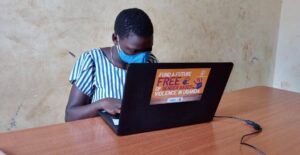
“Every woman I know has experienced issues due to their gender – being called names, being belittled and talked down to, being expected to do the child care and the household chores, having men feel they had a right to be their boyfriend and not wanting to hear no…. These are just a few. I think it has to be that everyone needs to point it out when it is happening and make a point that it needs to stop. It should not be allowed or be normal in our societies.” – Liz
“During the corona period, we should be able to prevent and address gender based violence because quarantine and social distancing may further increase this risk as women and adolescent girls, children and people of diverse gender identities are confined in close quarters with abusive partners” – Shallon (Uganda).
Many of the comments thought that a way to help to ensure gender equality was to teach all children about it from a young age. Alongside that, they believed that empowering and encouraging more women to be leaders will help to create change.
“We have to develop a habit of talking to our children about gender equality and its benefits. By so doing, we are setting them up to lead the gender equality struggle in the future.” – Rhonda (Uganda)
“I think there should be more gender equality taught in schools and we should change the language we use when speaking about issues within gender. This can help change how different genders are portrayed eg; women not being framed as passive victims.” – Beth (UK)
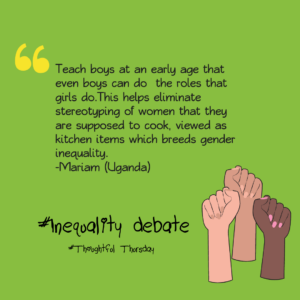
“I think there are far too many people, the vast majority of whom are men, in positions of power and responsibility who have no intention at all to try and change things and actively make things worse, such as the way the head of the Olympics in Japan commented about women. These leaders, and all people, need to be called out on this and changes can happen. My hope is that the younger generations grow up not knowing anything other than equality and can become adults and leaders spreading this way of thinking and working.” – Dan (UK)
“When we empower and educate young advocates about women’s rights, we are ensuring a better future for us all. As adults we need to help them advance women’s rights and support them to participate in community or school-based gender equality programmes. Note that an empowered child is an empowered future.” – Moses (Uganda)
In conclusion
This debate was very interesting and helped to share a lot of interesting ways women might have been affected differently due to COVID-19 and how they are treated differently in general in society. It also highlighted some great ideas on how we can create change in the future; for example the need to teach the younger generation about the importance of gender equality and to give women more opportunities to become leaders and role models.
Thank you to everyone who joined in the debate, the children really enjoyed hearing your thoughts and sharing theirs with you. You can read all the comments that were shared by clicking here.
We hope you join us for our discussion next month on a new topic.

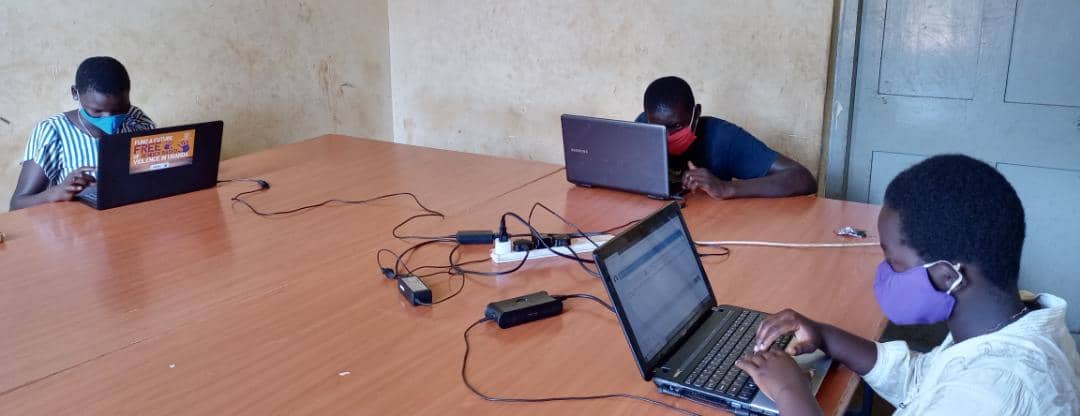

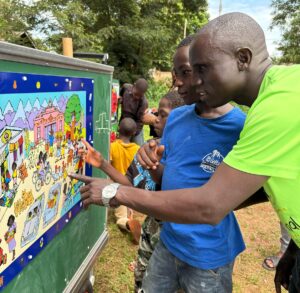
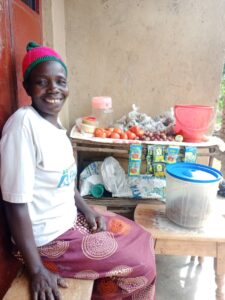
0 Comments